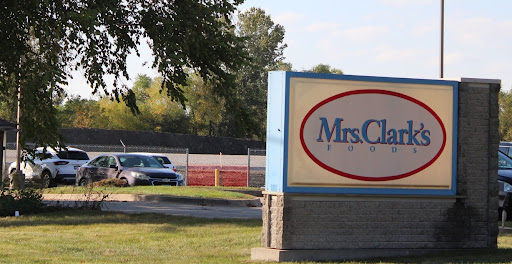Opinion: Anticipation strengthens reaction

In the fourth installment of her six-part series about how her experience waiting tables has served her well throughout her career, Andrea Hansen talks about “Full Hands In, Full Hands Out” — or anticipating the needs of those you serve before they request it. Knowing this can help prepare you for expected and unexpected situations, and help you know how to properly respond.
Hansen’s experience stems from one of her first jobs working at Okoboji Grill more than 20 years ago.
If you’ve read the other articles in my series, you know we’re at the midpoint of dinner: Making sure that the orders come out correctly, in order and in a timely manner. This is also the point in a restaurant experience where it’s important to anticipate guest needs as they move through their dining experience.
When a server is managing multiple tables, this is where things can fall apart and it’s also the point when my favorite concept comes into play: “Full Hands In, Full Hands Out.” In restaurants, this is when a server should look over their tables, take away dishes and assess refill needs on their way to the kitchen and then return with what each table needs ? often without it being requested. This not only saves steps and time, it also creates a better dining experience.
The ability to anticipate is something I use in both my professional and personal life, and it’s useful because you can add value in a variety of situations. When interviewing for a job, we prepare by anticipating the types of questions that may be asked, but there are other situations where anticipation skills in practice are useful.
When I started my company, I gave people permission to poke holes in my ideas. I was looking for feedback that I hadn’t considered. It’s important to take time to think through a project and put the decision points through different “what if” scenarios and anticipate alternate outcomes. When working with a team, try looking for gaps or steps that haven’t been considered yet and consider how you could add value. While preparing for a meeting or presentation, anticipating how people will react to the material can help strengthen it.
The anticipation mentality, once habituated, carries on (almost involuntarily) outside of work also. For example, merging with rush hour traffic is a stressful but worthwhile exercise in anticipation! But opening a door for someone because you see they have their hands full or finding ways to help a friend or neighbor with meals or yardwork in a time of great need is meaningful.
“Full Hands In, Full Hands Out” even helps keep my house organized and me somewhat sane. My family is constantly displacing things throughout the house, so every time I leave a room I scan it for things that don’t belong (papers, dishes, toys) and then I pick up what I can and return it to its room of origin as I move through the house. Anticipation is why I look like a super mom when I’m holding out my child’s coat for him just as realizes he needs one.
Let’s not tell him that, though.
Next month: Hansen continues through the “12 Key Points of Service” and takes a closer look at personalizing service.
Related: #1 – Success and waiting tables
#2 – ‘Order taking’ and communicating effectively
#3 – ‘Means to an end’ jobs have value
Andrea Hansen is a director of development for UnityPoint Health Foundation in Des Moines and co-founder of Venuefox.com, an event planning website. She received a bachelor’s degree in psychology and social work from the University of Iowa and a master’s degree in social work from the University of Michigan. Having returned to Iowa with her husband to raise their family, she enjoys being a part of programs and projects that help make the Des Moines area a great place to live and work.
CONNECTION POINTS
Connect with Hansen on LinkedIn or via email at andrea@venuefox.com.










